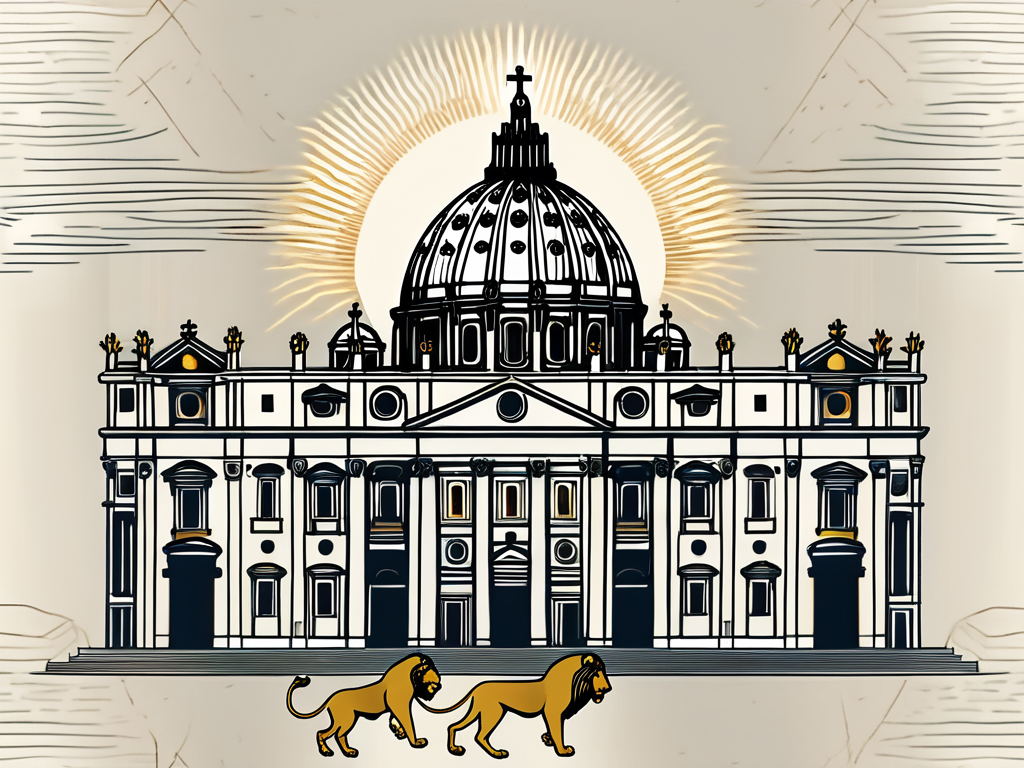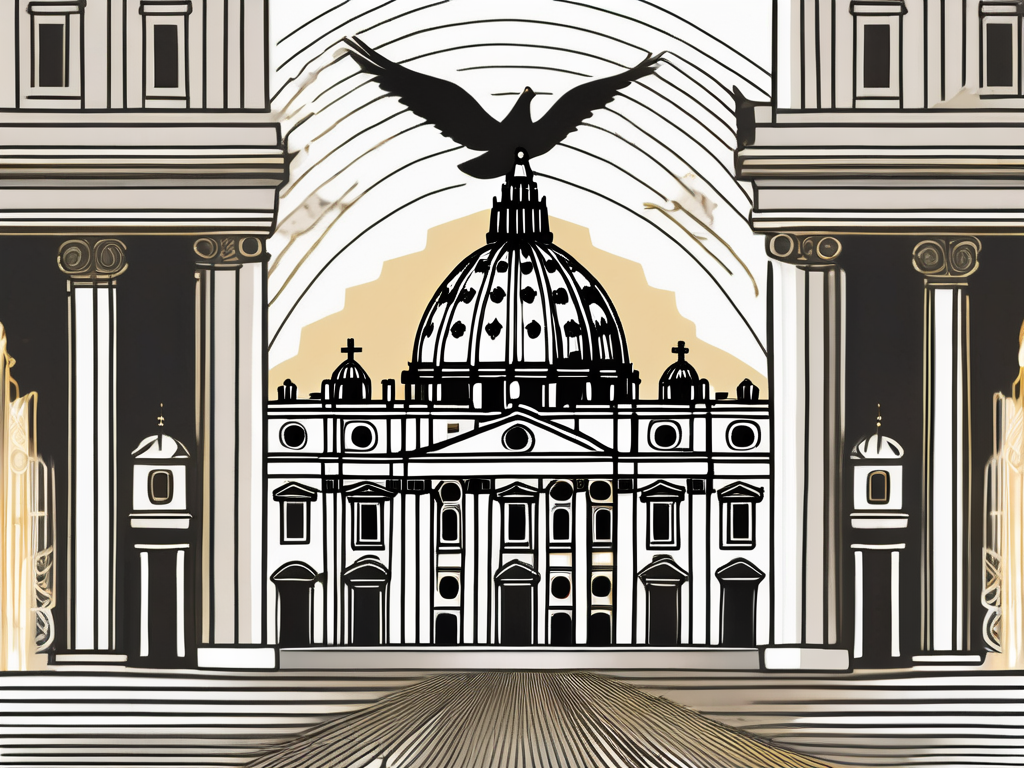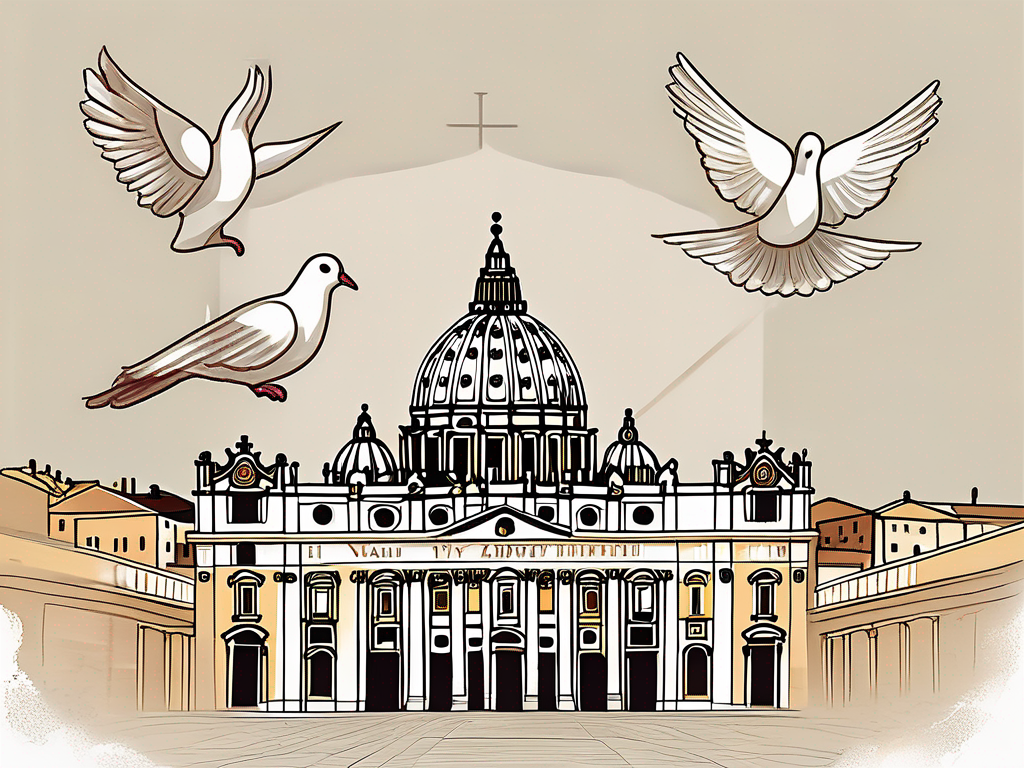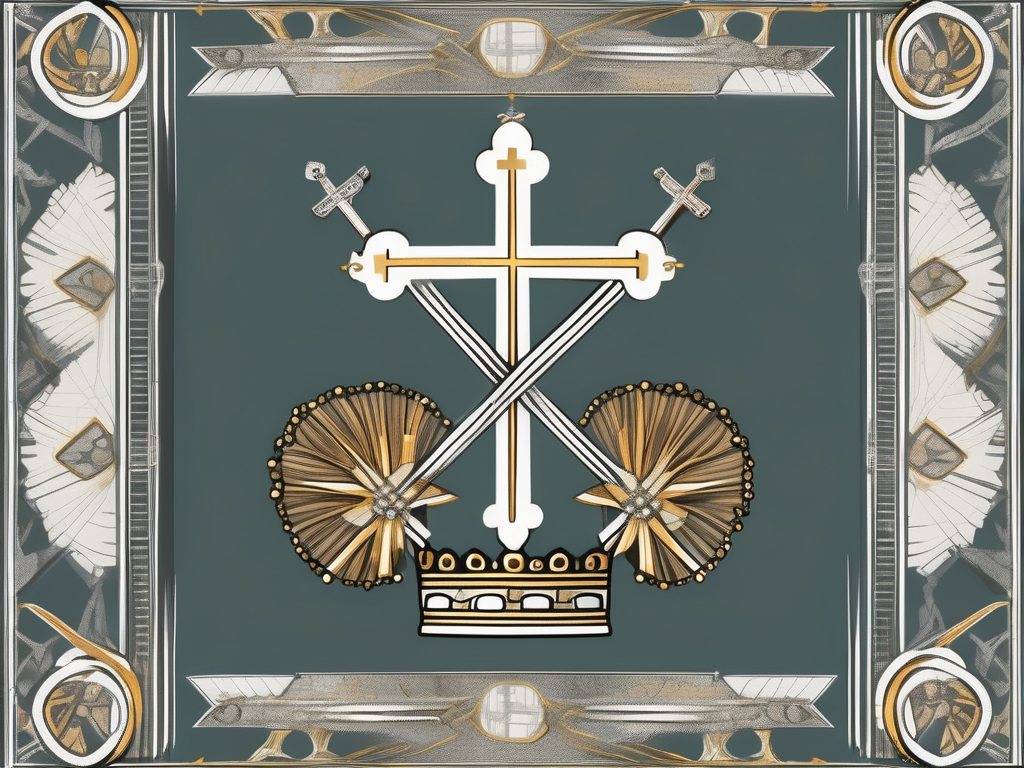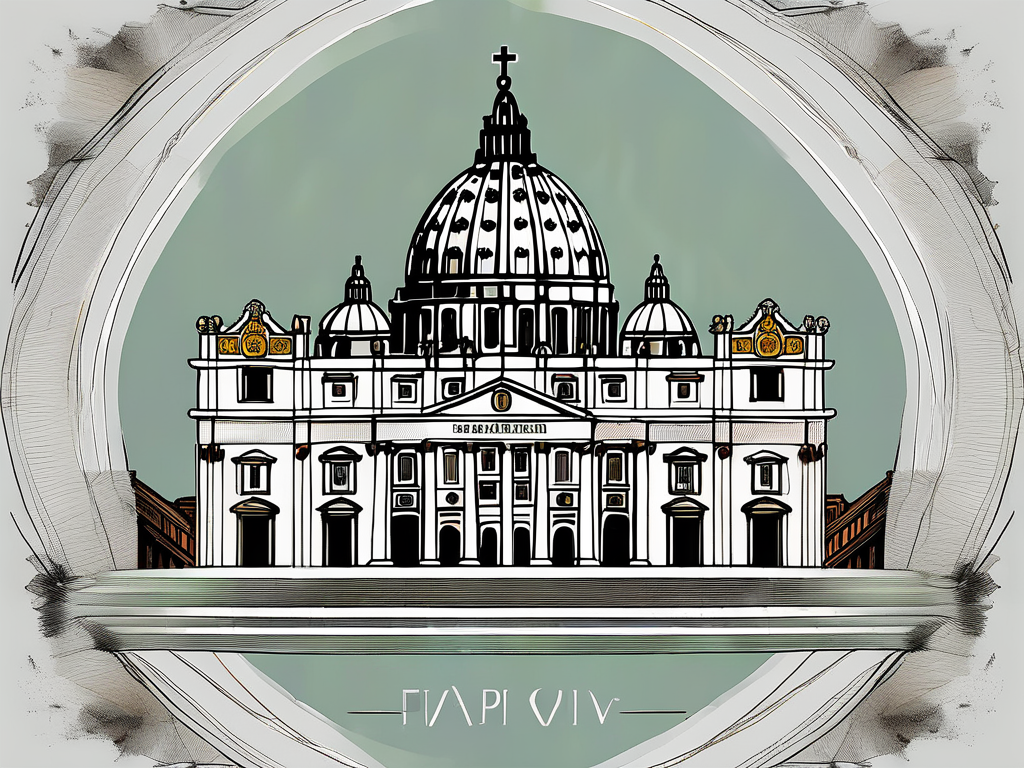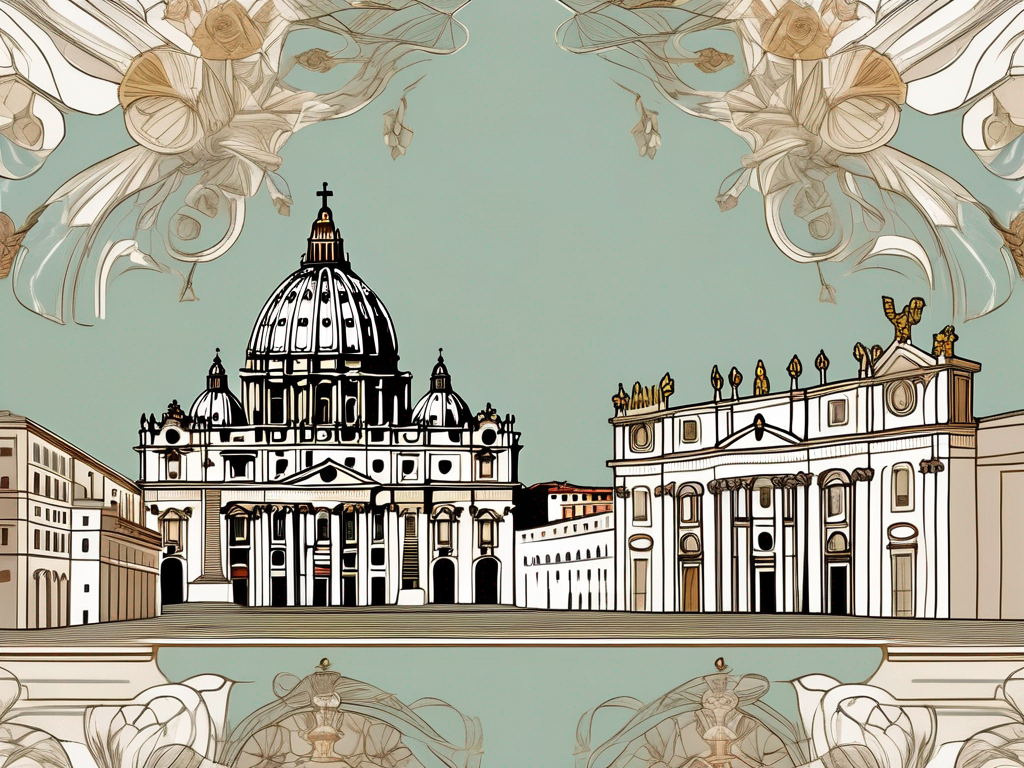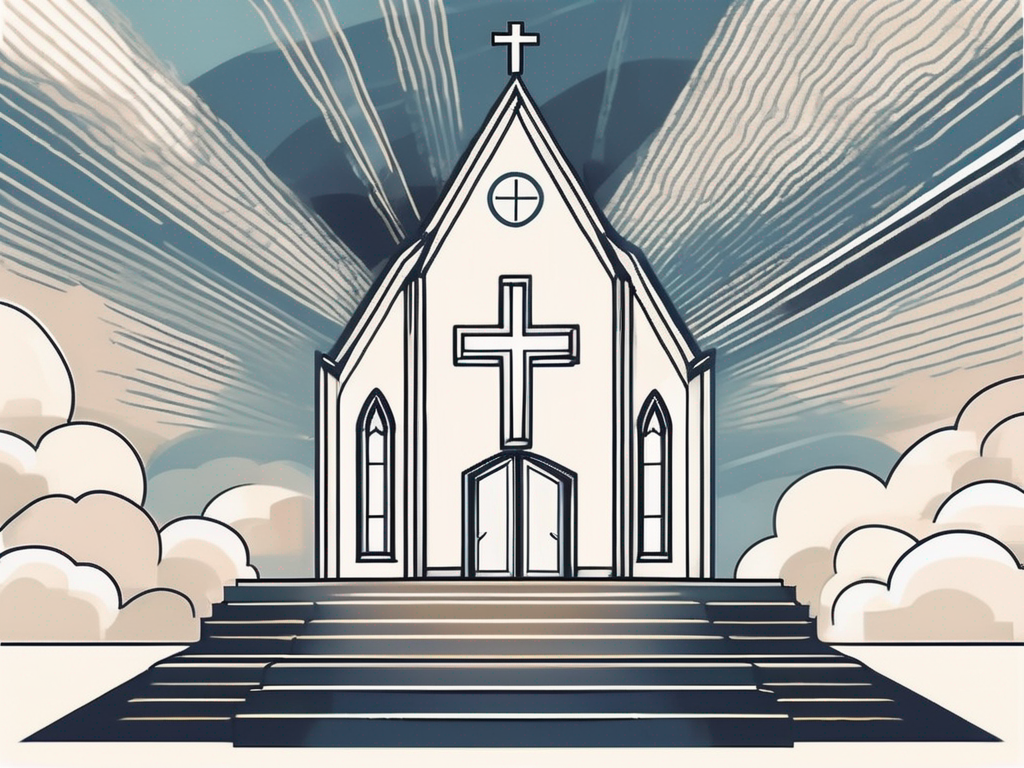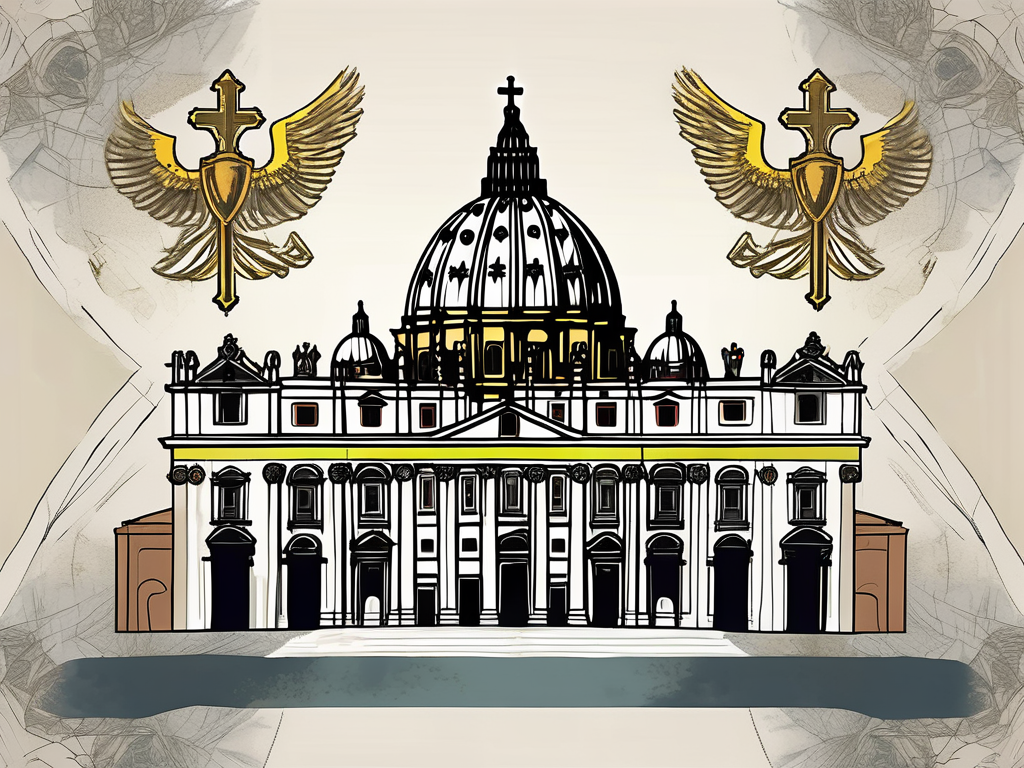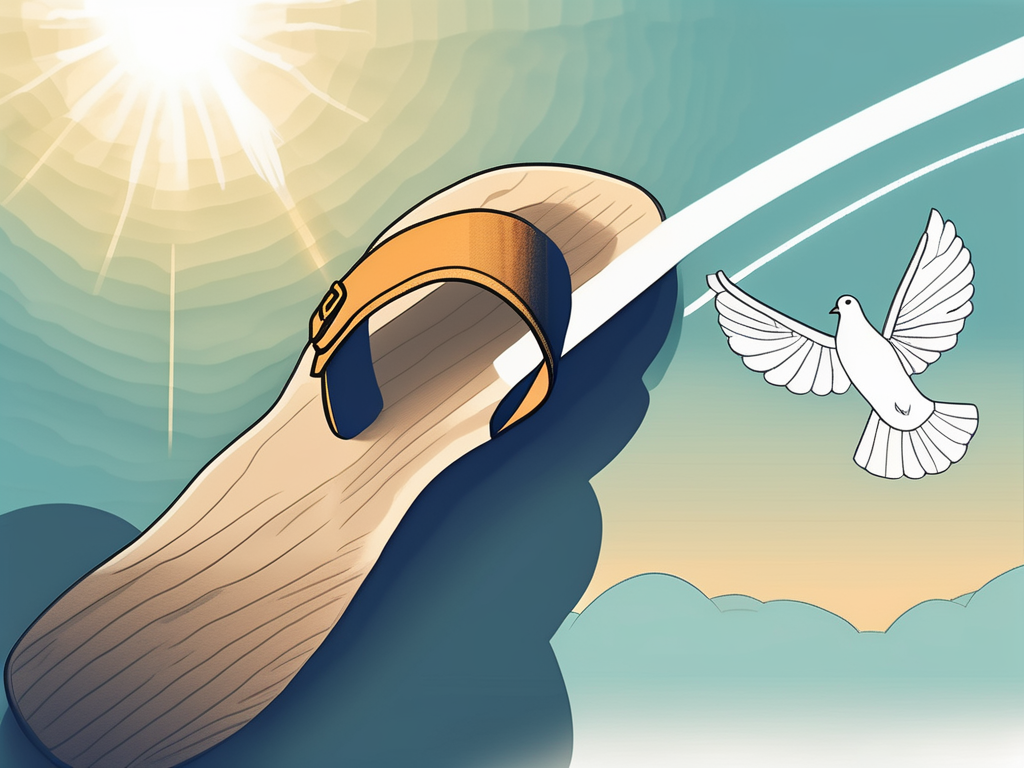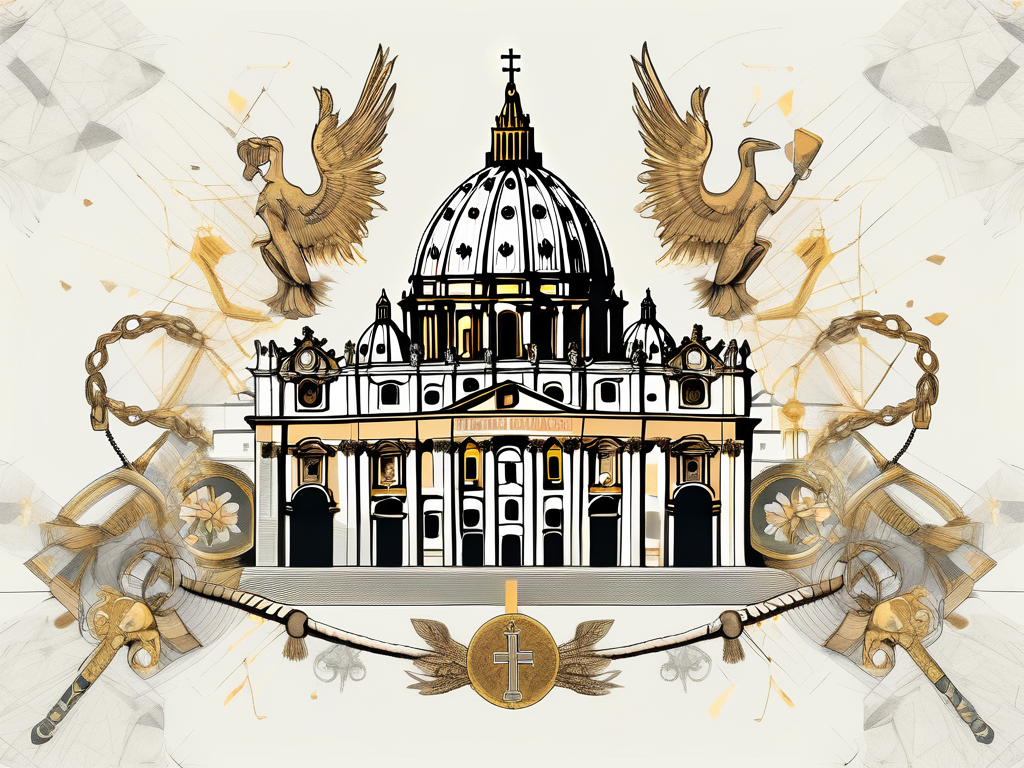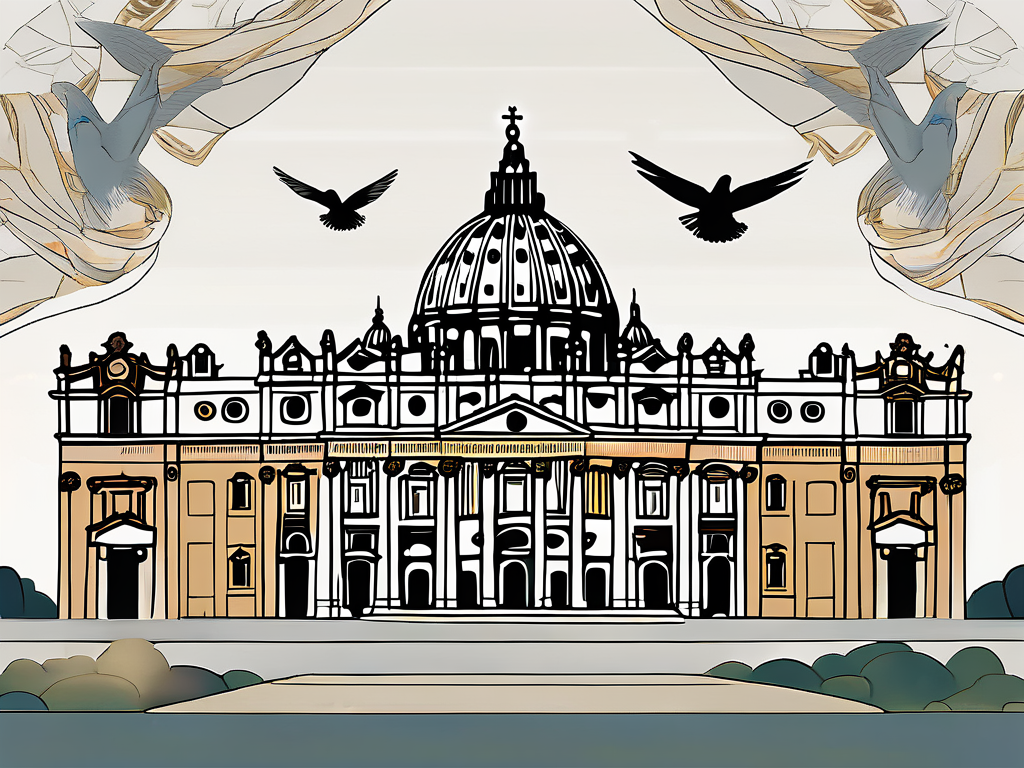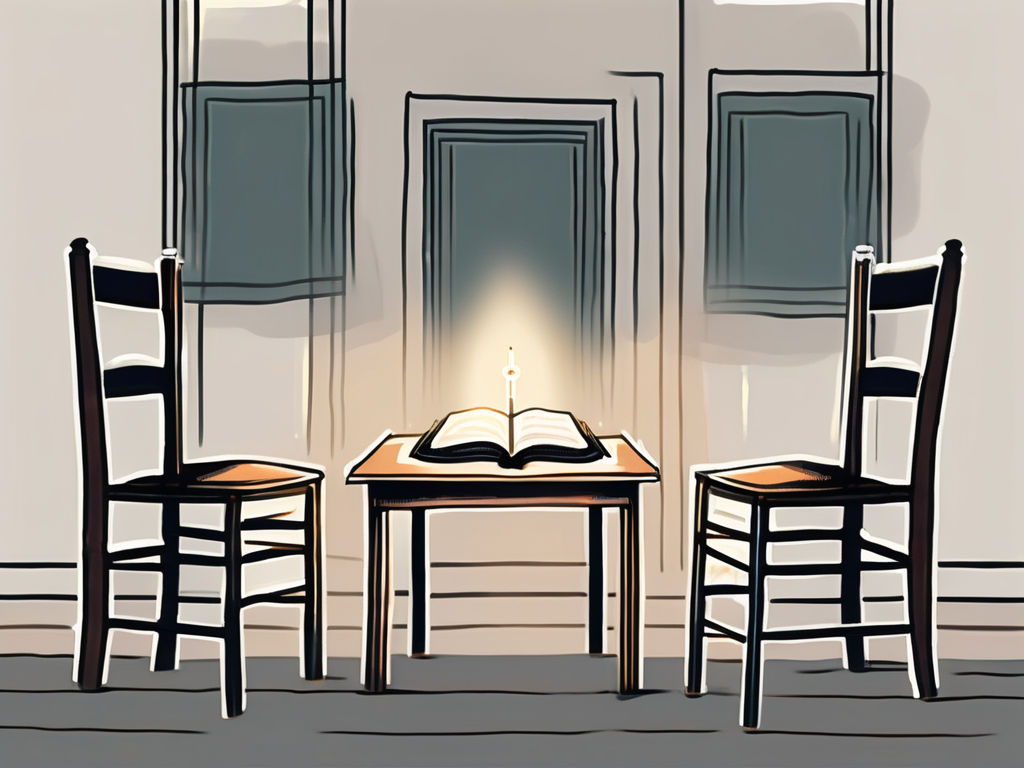Pope Leo I, also known as Leo the Great, was an influential figure in the history of the papacy. His tenure as pope from 440 to 461 left a lasting impact on the development of papal authority and the role of the Pope in the church. Let’s take a closer look at the life, contributions, controversies, and diplomatic achievements of this remarkable pontiff.
Early Life and Ascension to Papacy
Leo I, also known as Leo the Great, was born in Tuscany, Italy, around 400 AD. His early life was shaped by strong Christian influences, particularly from his parents, who instilled in him a deep sense of faith. Growing up in a devout household, Leo was immersed in the teachings of the Church from a young age.
As a child, Leo displayed exceptional intellectual abilities and a sincere dedication to his religious calling. He immersed himself in the study of theology and philosophy, seeking to deepen his understanding of the Christian faith. His thirst for knowledge and his unwavering commitment to his beliefs set him apart from his peers.
Leo’s journey to the papal throne began when he was appointed as a deacon in Rome, serving under Pope Sixtus III. In this role, he demonstrated not only his exceptional administrative skills but also his unwavering devotion to the Church and its teachings. Leo’s tireless efforts to promote unity and uphold the authority of the papacy earned him the respect and admiration of his fellow clergy.
As Pope Sixtus III’s health began to decline, the Church faced a critical juncture. The Roman Empire was in a state of flux, and the Church needed a strong and capable leader to guide it through the challenges ahead. Recognizing Leo’s exceptional qualities and his deep understanding of the Church’s teachings, the clergy elected him as Pope Leo I.
Leo’s ascension to the papacy marked a turning point in the history of the Church. His leadership and unwavering commitment to the faith would shape the course of Christianity for centuries to come. As Pope, Leo dedicated himself to defending the authority of the papacy and promoting the unity of the Church.
Under his guidance, the Church faced numerous challenges, both from within and outside its walls. Leo fearlessly confronted heresies and schisms, tirelessly working to preserve the integrity of the Christian faith. His theological writings and sermons became renowned for their clarity and depth, earning him the title of “Leo the Great.”
Throughout his papacy, Leo also played a crucial role in political affairs. He skillfully navigated the complex dynamics of the Roman Empire, often acting as a mediator between warring factions. His diplomatic efforts helped maintain stability and peace during a time of great upheaval.
Leo’s legacy as Pope extends far beyond his lifetime. His teachings and writings continue to inspire and guide Christians to this day. His commitment to the authority of the papacy and the unity of the Church laid the foundation for the development of the Catholic Church as we know it today.
Theological Contributions and Controversies
As Pope, Leo I made significant contributions to theology and played a crucial role in resolving various controversies that threatened the unity of the Church. One of his most notable feats was his involvement in the Council of Chalcedon in 451, where he presented a strong Christological argument that affirmed the dual nature of Christ – fully human and fully divine. This declaration, known as the Tome of Leo, greatly influenced the development of Christian doctrine and became a cornerstone of the Catholic Church.
Leo I’s theological contributions extended beyond the Council of Chalcedon. He was known for his deep understanding of Scripture and his ability to articulate complex theological concepts in a clear and concise manner. His writings on the nature of the Trinity, the role of the Church, and the importance of the sacraments continue to be studied and revered by theologians to this day.
In addition to his theological prowess, Leo I was also a skilled diplomat. He used his position as Pope to mediate conflicts and foster unity among different factions within the Church. His diplomatic efforts were particularly evident in his interactions with the Eastern Church, where he sought to bridge the gap between the Latin and Greek-speaking Christians.
Despite his influential contributions, Leo I faced criticism and opposition from some religious figures who held differing theological views. These controversies often centered around the interpretation of Scripture and the authority of the Pope. Leo I engaged in vigorous debates and discussions, defending his positions with a strong sense of conviction and intellectual prowess.
One of the most notable controversies that Leo I faced was the Monophysite controversy. This theological dispute centered around the nature of Christ and whether he had one divine nature or a combination of divine and human natures. Leo I firmly upheld the orthodox position that Christ had two distinct natures, fully human and fully divine. He argued that any deviation from this understanding would undermine the very foundation of Christian belief.
Leo I’s defense of orthodox theology was not without its challenges. He faced opposition from influential figures such as Dioscorus, the Patriarch of Alexandria, who held Monophysite views. Despite the opposition, Leo I remained steadfast in his convictions and worked tirelessly to maintain the unity of the Church.
Leo I’s contributions to theology and his efforts to resolve controversies left a lasting impact on the Church. His teachings and writings continue to shape the understanding of Christian doctrine, and his commitment to upholding orthodoxy set a precedent for future Popes. Leo I’s legacy as a theologian and defender of the faith remains an inspiration for Christians around the world.
Diplomatic Achievements and Challenges
Not only was Leo I a theologian, but he was also a skilled diplomat. His negotiations with Attila the Hun in 452, during the invasion of Italy, demonstrated his diplomatic finesse and saved Rome from destruction. It is said that Attila was so impressed by Leo’s persuasive abilities that he changed his course and spared the city, leaving it intact.
Leo I’s diplomatic achievements extended far beyond his encounter with Attila the Hun. Throughout his papacy, he faced numerous challenges that required his diplomatic prowess to overcome. One such challenge was the ongoing conflict between the Western and Eastern Roman Empires. Leo I played a crucial role in navigating the complex relationships between these two powerful entities, working tirelessly to maintain unity within the Church.
As a mediator between conflicting parties, Leo I skillfully prevented schisms from occurring within the Church. His ability to bring people together and find common ground was unparalleled. He understood the importance of unity and worked diligently to ensure that the Church remained a cohesive force, even in the face of internal disagreements.
Leo I’s diplomatic efforts were not limited to the Church alone. He also engaged in diplomatic relations with other political entities, forging alliances and negotiating treaties. His diplomatic skills were highly regarded by both his contemporaries and future generations, earning him a reputation as one of the most accomplished diplomats of his time.
Beyond his diplomatic achievements, Leo I’s theological background greatly influenced his approach to diplomacy. His deep understanding of theology allowed him to approach negotiations with a sense of compassion and empathy. He recognized that diplomacy was not just about securing political victories, but also about fostering understanding and promoting peace.
In addition to his diplomatic accomplishments, Leo I faced numerous challenges throughout his papacy. These challenges ranged from internal disputes within the Church to external threats from invading forces. However, Leo I’s unwavering commitment to diplomacy allowed him to navigate these challenges with grace and resilience.
Overall, Leo I’s diplomatic achievements and challenges shaped his papacy and left a lasting impact on the Church and the world. His ability to negotiate with finesse, maintain unity, and promote peace set a precedent for future leaders and diplomats. Leo I’s legacy as a theologian and diplomat continues to inspire and guide those who seek to navigate the complexities of international relations and foster harmony among diverse groups.
Impact on the Development of Papal Authority
During his papacy, Leo I played a significant role in strengthening the authority of the Pope within the Church. He firmly believed in the primacy of the Bishop of Rome and consistently emphasized the importance of the papal office as the ultimate authority in matters of faith and doctrine.
Leo I’s legacy extends beyond his own papacy. His teachings and actions served as a guiding light for future popes, shaping the papacy into the powerful institution it is today.
Criticisms and Controversies
As with any influential figure, Leo I was not without his critics. Some religious figures, particularly those with differing theological views, engaged in disputes with him. These disagreements sometimes devolved into intense debates and personal attacks.
Additionally, Leo I faced controversy over certain decisions and policies he implemented during his papacy. These controversies sparked heated discussions among theologians and church members, highlighting the complexities of leadership and the challenges faced by those in positions of power.
Conclusion
Pope Leo I’s papacy was marked by profound theological contributions, diplomatic achievements, and controversies that shaped the course of Christian history. His firm belief in the authority of the papacy and his commitment to preserving the unity of the Church left an indelible mark on the institution he led. Though he faced criticism and controversies, his influence on the development of papal authority and the future of the papacy cannot be underestimated. The legacy of Pope Leo I continues to resonate within the Catholic Church and beyond.
